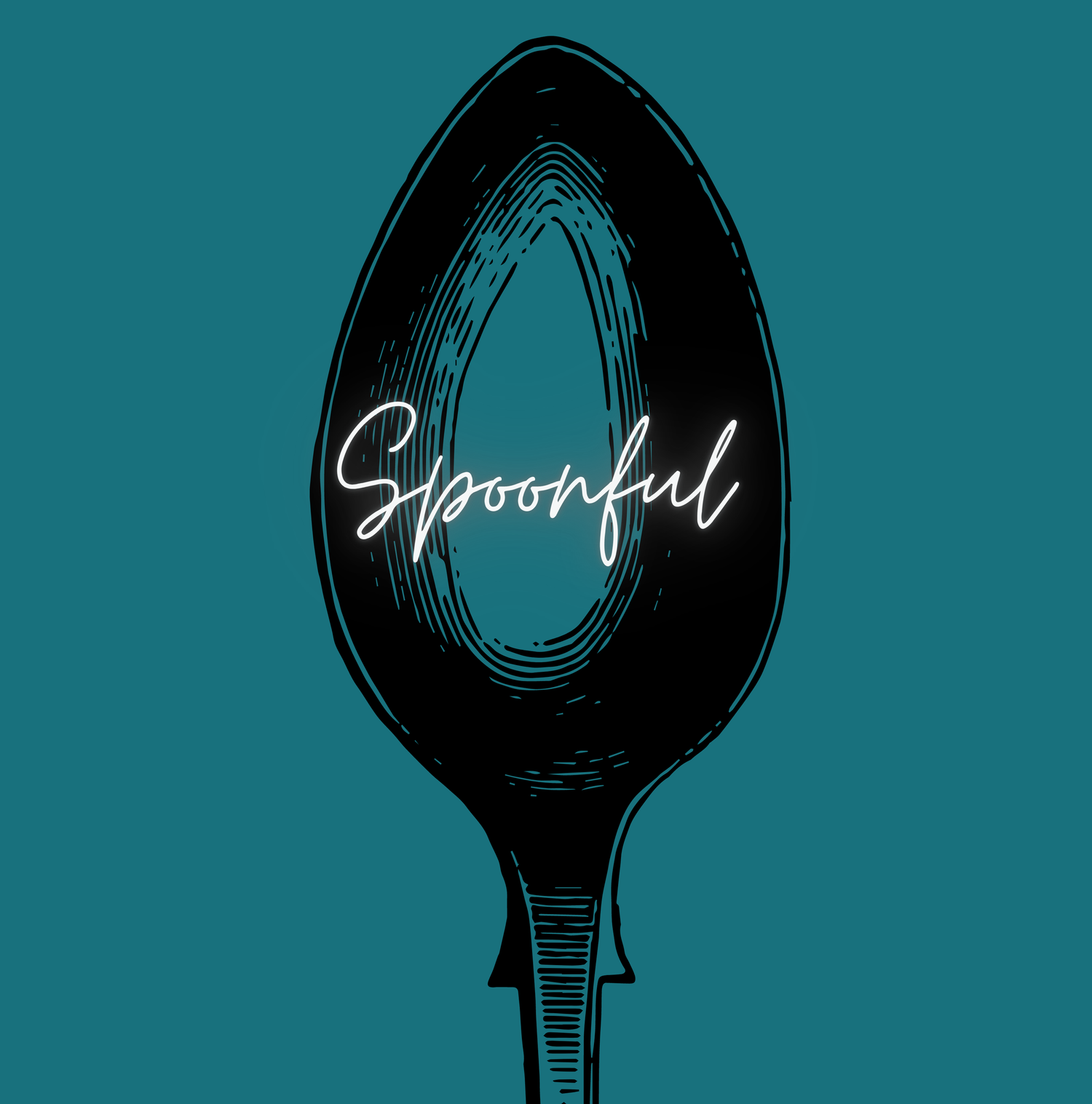Autosomal Dominant Hypercalciuria
Autosomal dominant idiopathic hypercalciuria, idiopathic hypercalciuria, familial idiopathic hypercalciuria, familial hypercalciuria
Around the time that I had covid-19, I started having chronic UTIs and kidney stones. It hadn't been an issue in the past - except for when I was in the hospital after my injuries - and I was baffled by its sudden intensity.
I went to my urologist, Dr. Darkness, more frequently in an attempt to get them to stop. She tried preventatives like bladder instills and oral macrobid, but it did little to nothing. I had at least one UTI a month - sometimes more; I frequently passed 1-2mm kidney stones and I was peeing a tiny amount 40 to 60 times a day! It was an absolute nightmare that I detailed in a previous post (and a follow-up on that).
When I got to the genetic counselor, every piece of the puzzle fell into place when I got the news: I have autosomal dominant hypercalciuria.
What is it?
Simply put, autosomal dominant hypercalciuria is a rare genetic condition that causes the calcium receptors in the kidneys to take too much calcium out. This often causes the kidneys to leach calcium from the bones, leading to osteoporosis and osteopenia and hypercalciuria (high levels of calcium in the urine). This can cause recurring kidney stones, UTIs, and abnormal levels of calcium and other minerals in the body.
If it goes untreated for a long time, the stones and infections can damage the kidneys and lead to kidney failure.
Symptoms
Symptoms can vary; some people can have it without knowing and are just slightly more prone to kidney stones and UTIs. I'm not sure which one of my parents I inherited it from, but my genetic counselor believes that one of my parents fits that description.
Then there are the lucky ones like me: symptomatic. A symptomatic person with this condition could expect:
Frequent kidney stones that form quickly
Recurring UTIs
Bloody urine
Frequent, urgent urination
Abdominal, side, or back pain
And if it's severe and untreated:
Kidney damage
Kidney failure
Low blood calcium and other deficiencies
Causes
Autosomal dominant hypercalciuria is a genetic condition caused by a fault in the ADCY10 gene. This gene is responsible for calcium receptors in the nephrons. It's inherited in an autosomal dominant pattern - not a sex linked gene and only one copy of the gene is needed to have the condition.
Diagnosis & Treatment
The only definitive way to diagnose it is through genetic testing. If there's a family history of it and symptoms, then it may be assumed to be present then confirmed through testing.
Treatment is fairly simple and consists of daily use of a thiazide diuretic, most commonly hydrochlorothiazide. These medicines work in a few ways: increasing the fluid volume filtered out by the kidneys to dilute the concentration of calcium in the urinary tract, preventing fluid retention, and raising the blood calcium levels. If there are other deficiencies or complications (osteoporosis, osteopenia, kidney damage), those are treated as well. Deficiencies of magnesium, potassium, and low urine citrate are common and treated with supplementation.
Finding a genetic counselor
Genetic testing can be very expensive and difficult to find! Medical insurance companies are often reluctant to pay for it, but that has improved in recent years. I don't live in a major city and traveling with pain and frequent urination is impossible and very difficult, so I researched ways to see a genetic counselor via telehealth.
The rise of genetic testing for ancestry has gotten very popular, so I had to sift through a lot of those. Eventually, I found Invitae labs, which is a company that works with hospitals and doctors regularly. They aim to provide more accessible genetic testing that doesn't cost several thousand dollars. They have partnered with a few foundations to provide free testing for some rare conditions. I found those first and inquired about genetic counselors they work with and they recommended Genome Medical.
Genome Medical has a team of genetic medical professionals and works with hospitals and physicians and various labs to provide genetic testing for more patients, similar to Invitae. You can make an appointment with a genetic counselor online and choose to bill insurance or self pay. I was skeptical if my insurance would pay for it and I'm sure they would take a long time to decide - and would probably reject it.
So, I chose to self pay. The consultation, test, and follow-up appointment wasn't cheap, but was less than $500 and certainly less than the several thousand dollars it might have been through a local hospital! My genetic counselor was very thorough and helpful, and seemed confident that she would be able to find something to help me - and she did!
Once she got my results in, she thoroughly explained the results and sent me additional information on the condition. Ironically, the genetic testing portion of the kidney stone and UTI saga was the easiest part!






